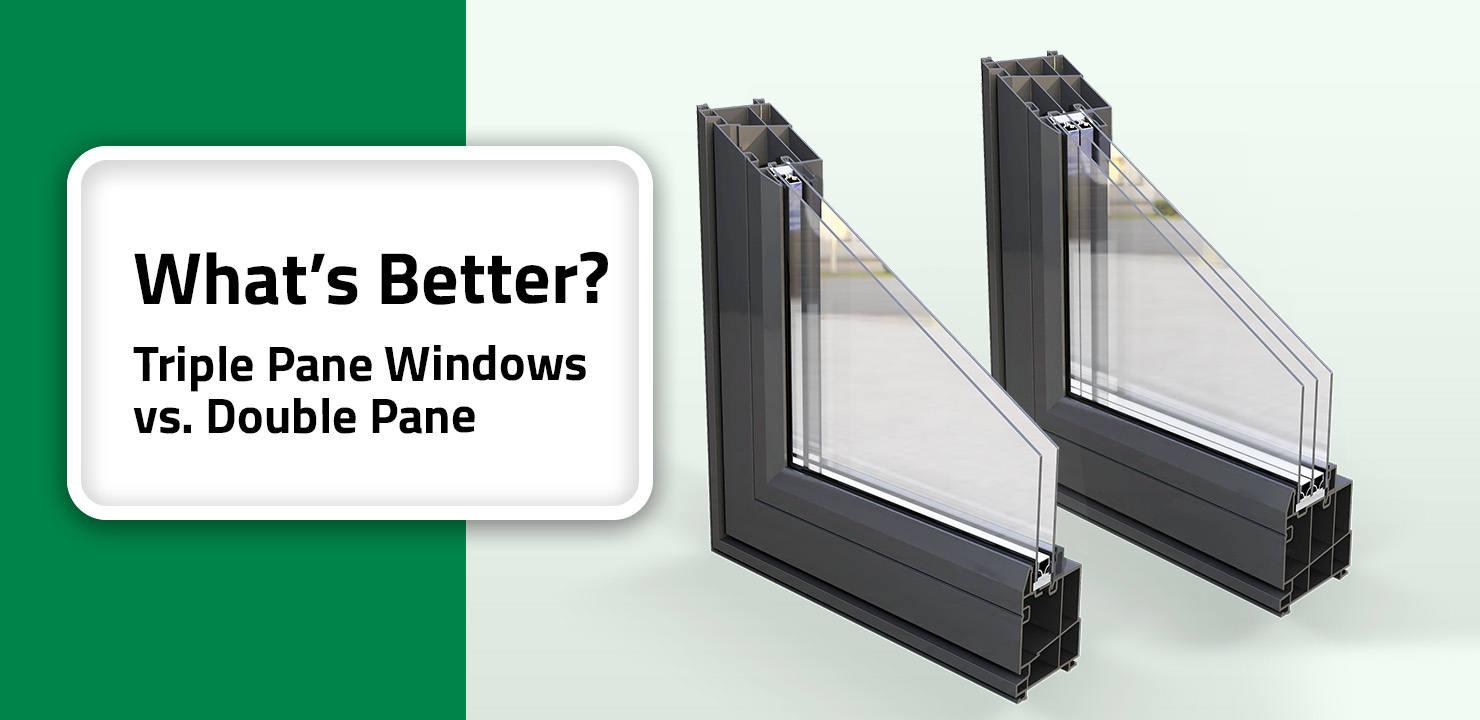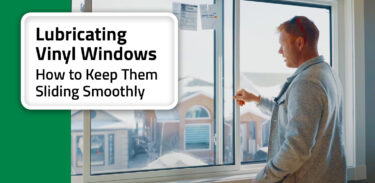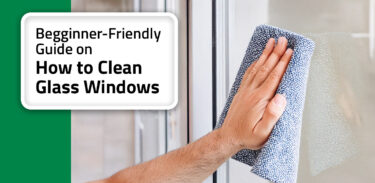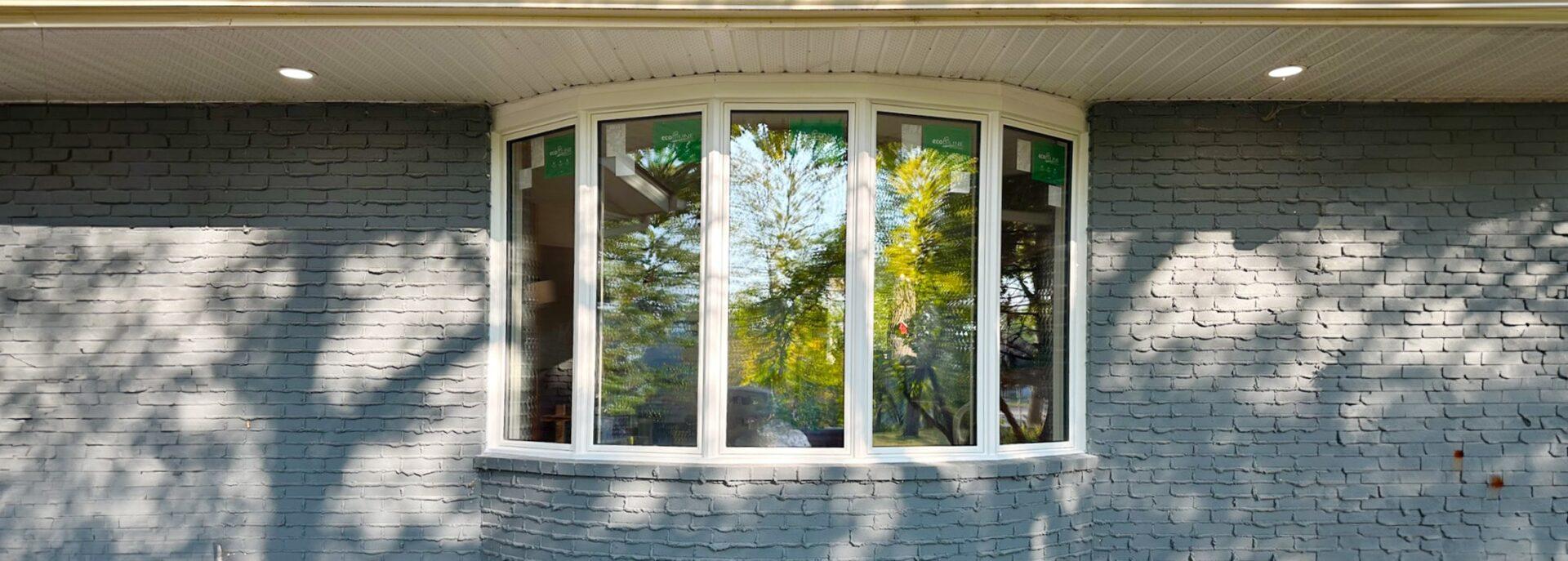

Noise Cancelling Windows: All You Need to Know in 2025
Jan 24, 2025
11 min read
10144
Is it too noisy outside the window? Perhaps the neighbours are doing repairs or their daughter is learning to play the piano. Or maybe you just live too close to the road? Nobody likes noise anyway.
However, the good news is Canadians don’t have to put up with outside noise. Window manufacturers take noise issues seriously, and now there is a good choice of windows with noise reduction features.
Plenty of noise reduction replacement windows provide sound-resistance qualities nowadays. But to be honest, not all of them are worth the extra cost. Let’s consider some of the best sound-resistance windows and find out which work best for you and your budget.
Noise-Reduction Windows & Sound-Resistance
The key reason for installing noise-reduction a window is simple: you want to prevent exterior noise from entering your space. But, to make this happen, it’s essential to be aware of the type of noise you’re dealing with.
You can face two different types of noise, and each one needs different noise-reduction techniques to use in order to deal with the noise:
- Airborne noise. Examples are talking, sounds from TV, traffic, equipment, and other outside sounds.
- Structural noise. It happens when an object bumps into a structure – for example, a window, etc. – and the sound waves from the accident go through the structure itself. This type of noise is also called an impact noise. Examples include noise on your windows such as rain, storm, etc.
What is sound-resistance and does it work well?
If you live in an old house or your windows are made from lower-quality materials that let noise outside come into your space, you might decide to replace your windows. Noise-reduction windows are a great choice, but there is not a single window that will cancel 100 percent of the sound.
Sound proof windows are rated based on sound transmission class (STC) rating. The higher the STC rating, the better impact you will get from noise-blocking windows.
What is Sound Transmission Class (STC)?
This system is used to measure the sound transmission loss of interior walls, ceilings and floors. Adopting this idea from the acoustics industry, window manufacturers utilise the STC scale as a tool to determine the noise-reduction features of the products.
What is Outdoor-Indoor Transmission Class (OITC)?
Usually it measures the sound transmission loss of exterior glazing applications. Nowadays, the OITC rating System is used to estimate any barrier intended to block out low-frequency sound. However, keep in mind that windows manufacturers use the OITC rating System less frequently than the STC rating System.
That is why you need to clarify whether windows have a high STC rating before ordering to be sure this is something that lives up to your noise canceling demands.
How to Improve the Noise-Reduction Qualities of Your Windows?
Make your windows better at sound-resistance sounds like something complicated and time-consuming, but in fact, it’s not as bad as it seems. You can apply different methods for window noise reduction. Eventually, the time and money you spend having your windows cancel external sounds will significantly depend on your budget and what you’re trying to achieve. Here is the list of popular methods to improve the noise-reduction of your windows:
- Caulking
- Retrofit Laminated Glass Installation
- Window Inserts
- Laminated glass
- Window film
- Sound-resistant window blanket
Caulking
Because sound needs air to travel through, a good place to start may be the caulking seal around your windows. Because caulking can sometimes dry up after a few years, an increase in sound performance can be as easy as putting a new seal around the frame.
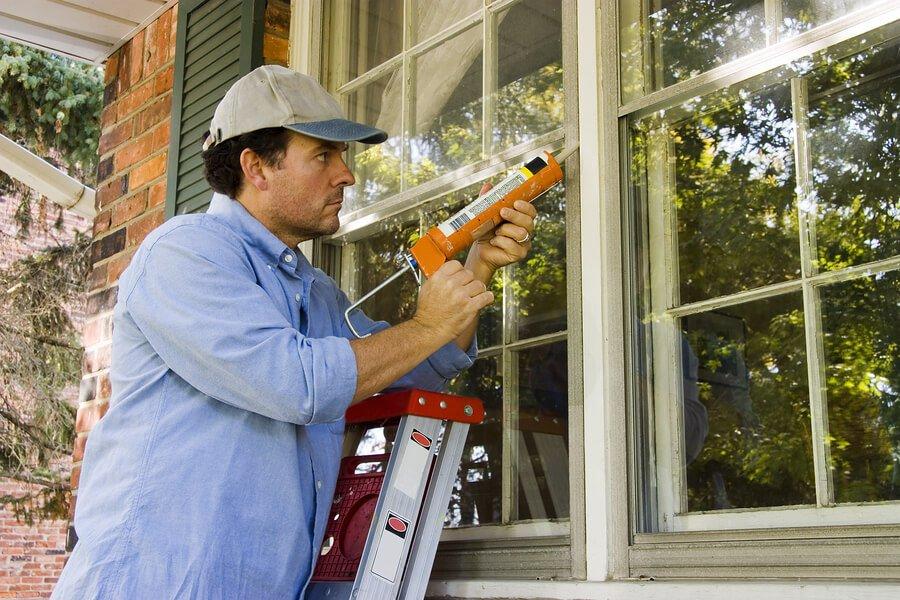
Retrofit Laminated Glass Installation
The next step up, in terms of price and performance, is a retrofit replacement. With retrofit or “insert” replacements, a new insulated glass unit gets put into your existing frames. It is possible to make this insulated unit with a laminated noise-reduction or security glass.
Because the glass is already in the sealed unit, the functionality of your window isn’t affected, but there is an improvement in energy performance and sound transfer. This is however still a window replacement and thus can cost more than double of what you would pay for any aftermarket addition.
Window Inserts
A window insert is a covering that is crafted with noise-reduction materials and foam added to a wooden board. It helps to absorb sound waves ultimately. When outside noise starts getting through the window, you can just set the window insert in place.
It is supposed to absorb and block sound waves, therefore making an efficient barrier for your window. When there is no need for the plug, you may just use the handles to separate it.
Laminated glass
Most manufacturers acknowledge that if you after best soundproof windows, you should pick laminated glass. Laminated windows, in fact, possess a layer of plastic inserted between two outer layers of glass panes.
This plastic is supposed to block noise and external sounds that are regularly transmitted through the glass.But keep in mind that laminated glass is usually rated as a high-end window add on, so having it installed will bump up the cost of your window replacement project.
Window soundproofing film
A window film is a modern technology that works similar to noise cancellation headphones. It is an internal layer sandwiched within two layers to prevent external noise and keep your internal environment noise-free.
There is a strong lamination core in this film right in the middle between 2 layers of polymer. Ideally, the film is to be installed on a double-layer window with internal and external glass sheets since it acts as a dampening film that decreases the noise a lot.
Sound-resistant window blanket
A sound-resistant blanket is a covering that is denser and thicker than your ordinary blankets. They are also known as mover blankets and used to cover the furniture when it is being transported. But when it comes to windows noise-reduction, they are extremely useful as well. While they can’t block 100% of noise, you will get a noticeable increase in noise cancellation. This is one of the most popular ways to soundproof windows without replacing them.
The Best Windows for Noise Reduction: Double or Triple-Pane?
If you are eager to stop the outside noise from getting into your space, sound-resistant windows win the battle every time. These windows for noise reduction are designed to decrease the number of decibels you hear being inside your house.
The issue is that they are expensive and might demand a full replacement of your windows and frames. If you struggle with the noise in your home and can put up with a bit of change to your house, then you definitely need the best windows to block sound with the right type of glass. There are two types of the best windows for noise reduction:
- a double or triple pane window that combines noise-reduction and insulating properties
- a window with laminated glass type that combines noise-reduction and security performance
In addition, you should pay attention to window styles when option for maximum noise-reduction. As a rule of thumb, the fixed window styles will be much better at reducing the outside noise. Thus, buying and installing picture or casement-fixed windows will enhance the overall soundproof of your house by leaps and bounds.
Double or Triple Pane Windows – What’s Better for Noise-Cancelling?
So now you have to think over the big question – what to choose – double or triple pane windows. Do triple pane windows really worth your extra investments? Well, everything depends on the situation. If you live somewhere in the cold area – then probably you may upgrade to triple pane windows, but we still discuss here the sound-resistant qualities. And from that perspective there is little to no difference.
A standard double-pane window offers an STC rating of about 27. But extra features like sound-absorbing spacers and other add ons can increase the rating to around STC 34.
You probably think that three panes of glass should offer superior sound-resistant over two panes, right? Incredibly, testing shows that triple-pane windows have similar STC ratings as double-pane windows with dissimilar glass thickness because triple-pane windows have smaller air spaces. It allows sound to reflect and amply as it moves through the glass.
When it comes to double or triple glazing for sound insulation, you’re going to get a better overall experience with double glazed windows:
- They will cost significantly less, primarily if you use retrofit double glazed windows rather than new double glazed windows.
- You are still welcome to enjoy thermal protecting benefits without losing the desirable solar heat gain on chilly days.
- You won’t need a brand-new, thick frame to hold the triple insulated glass units in place. It means you can preserve your current timber frame, as well as the original look of your windows.
Acoustic double glazed units would be best for noise reduction over your usual triple glazing. But, you could add a laminated outer pane of 6.4mm glass into a triple glazed unit, which would more than likely outperform the acoustic double glazing.
That is why it is advisable to talk to the specialist to find out your current noise issues to make the right choice. After reading that much information you might still be curious what glass and windows to use so you finally block all the external sounds and get a quiet space? Well, the answer is – use laminated glass.
Laminated Windows: Pros, Cons and Costs
Laminated windows are the best choice when it comes to sound-resistant. These windows get a layer of plastic-like material known as polyvinyl butyral (PVB) between the glass panes. As such, they can efficiently avoid up to 95% of external noise.
On average, one should expect to pay about $950 for a laminated double pane window. For a laminated triple pane window, the final price will exceed $1,000. Besides the excellent sound-resistant capabilities, these windows prove challenging to shatter than standard glazed glass.
If you want to install soundproof windows you are welcome to contact Ecoline experts to get a free quote and consultation regarding your replacement project!
F.A.Q
What are the best windows for noise reduction?
The best soundproof windows are typically double-pane windows or windows with laminated glass. These windows have multiple glass and air pockets layers that effectively block sound waves. Additionally, windows with high STC (Sound Transmission Class) ratings are specifically designed to reduce noise from outside. As for window styles, opt for fixed units like picture or casement.
How can I block out noise from windows?
You can use different soundproof window treatments to block out noise from windows. Adding weatherstripping to seal any gaps and using acoustic caulk around the window frame can also help. Installing double or triple-pane windows is a more permanent solution for noise reduction.
How can I soundproof windows without replacing them?
You can soundproof windows without replacing them by using soundproof curtains, window inserts, and weatherstripping. Adding a layer of acoustic caulk around the window frame can seal gaps and prevent noise leakage. Applying window films designed for noise reduction can also be an effective temporary solution.
1750 Coast Meridian Rd #102,
Port Coquitlam, BC V3C 6R8
100, 17866 106A Avenue,
Edmonton, AB, Canada,
T5S 1V3
3307 Dunmore Rd SE #12,
Medicine Hat, AB,
Canada, T1B 3R2
2081 Merivale Rd #201, Ottawa, ON, Canada, K2G 1G9
by appointment only
109 Ilsley Ave Unit #3, Dartmouth,
NS, Canada, B3B 1S8







